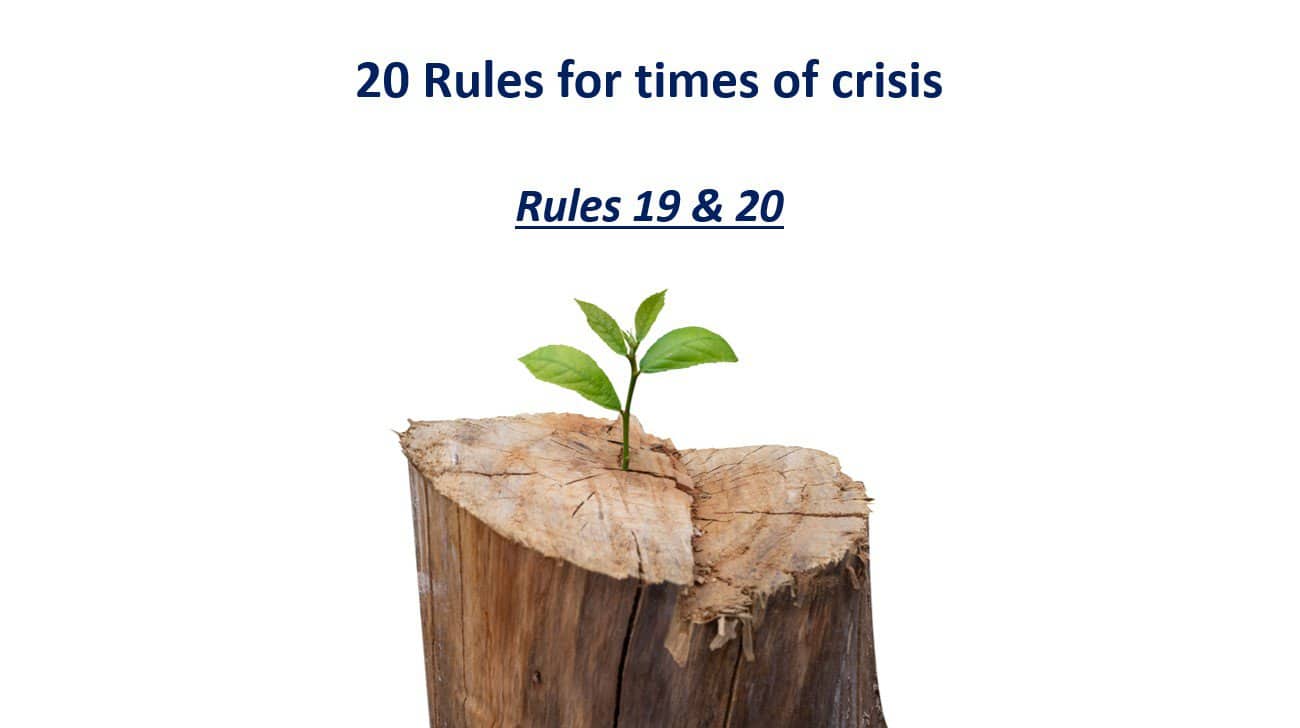Author: Tamar Meisel.
If you are a caregiver, you face immense responsibility, emotional challenges, and often physical strain.
Over time, this can leave you feeling drained, particularly when managing the constant need to make decisions about your life and the care of your loved one. Caregivers’ many tasks often lead to physical fatigue that frequently shows up as an illness or exhaustion.
We know this can lead to emotional fatigue, burnout, and compassion fatigue.
It can also lead to decision fatigue.
According to Dr. Lisa MacLean, a member of the American Medical Association, decision fatigue is “the idea that after making many decisions, your ability to make more and more decisions over the course of a day becomes worse. ” The more decisions you have to make, the more fatigue you develop and the more difficult it can become.”
It’s that feeling of mental exhaustion that sets in after making too many decisions.
Over time, it can make it harder to make good choices.
For caregivers, this means that it is hard to stay sharp or make thoughtful decisions, and this can be very dangerous as the caregiver has responsibility for himself/herself AND his/ her care recipient.
Caregiver decision fatigue is a burdensome and often overlooked form of exhaustion.
When you’re taking care of someone, whether it’s a loved one with a chronic illness, an aging parent, or a child with special needs, you’re constantly faced with decisions—big and small.
This can range from medical choices to daily routines to emotional support, and over time, it can be overwhelming.
Some of the signs of caregiver decision fatigue include:
- Indecisiveness: You find it harder to make decisions, even simple ones, because you’re just so mentally worn out.
- Feeling overwhelmed: The constant stream of choices—what to cook, what to prioritize, who to call—starts to feel like too much.
- Burnout or emotional exhaustion: It’s easy to feel emotionally drained, even though you’re doing something so meaningful.
- Avoidance: You may start putting off decisions or procrastinating because it feels easier than facing another choice.
Here are five tips for managing caregiver decision fatigue:
- Breathe – it seems so simple, but it is often forgotten. Inhale deeply… and exhale slowly. Sometimes, just a few breaths can help ground and center us.
- Prioritize and simplify – Start by narrowing down what decisions really need your attention. The important/not important/urgent/not urgent matrix can help.
- Create routines – Having a set routine can help reduce the number of decisions you must make daily. Predictability can ease stress, even if it’s just small things like meal planning or daily activities.
- Ask for help – Easier said than done, and yet don’t be afraid to ask others for help with the caregiving, sharing the emotional burden, or just sharing.
- Practice self-compassion – Remind yourself that you’re doing the best you can at this moment. Being good enough is enough.



